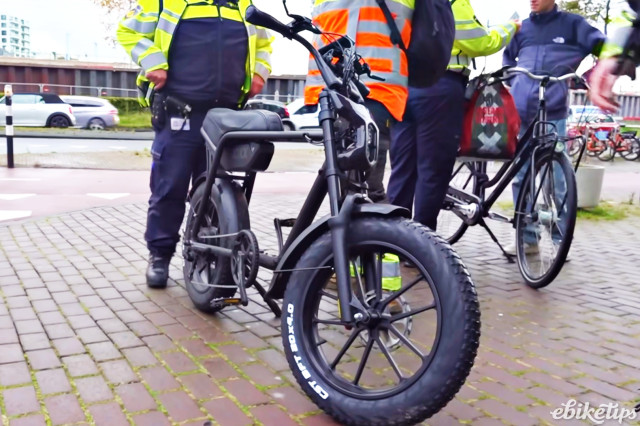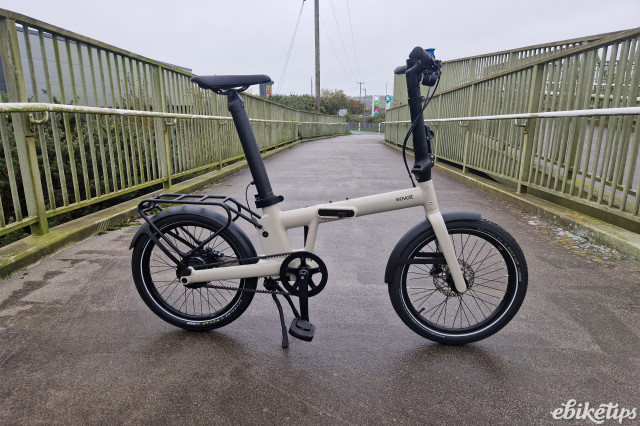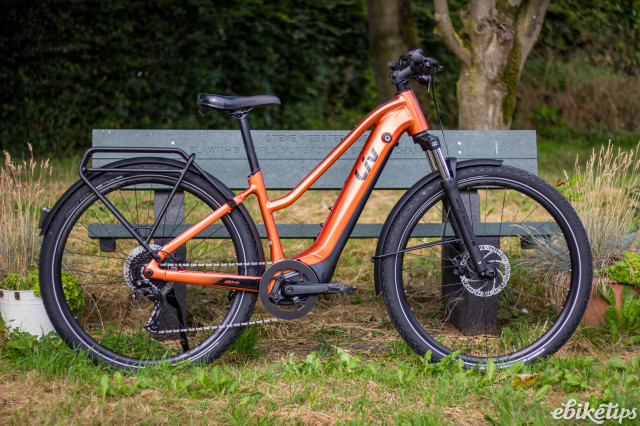The government has welcomed the findings of an independent report into the UK’s e-scooter trials which has concluded that the vehicles represent a “valuable mode of transport”. The report identified an increased use of rental e-scooters for purposeful journeys, such as commuting, and a growing shift away from private vehicles as the trials matured.
The e-scooter trials evaluation report, which was carried out by Arup, Natcen and Valtech, evaluated 32 e-scooter trials between July 2020 and early 2022. The findings will inform the government’s next steps as it moves to legalise e-scooters through the creation of a new low-speed, zero-emission vehicle category.
One of the report’s key findings was that the majority of residents in trial areas saw the introduction of e-scooters in their area as positive.
It also found that rental e-scooters were providing a new travel option for some groups, with people from ethnic minority groups and those on low incomes more likely to use them regularly.
Replacing car journeys
While e-scooter users were most likely to have walked if an e-scooter had not been available (42% of trips in December 2021), the results indicated that 21% of trips would otherwise have been completed using a private motor vehicle (including motorbikes and cars).
There has of course been a certain novelty element with the introduction of trials. However, the general trend over time was for a smaller proportion of e-scooter trips to replace walking and a larger proportion to replace car travel.
The report says: “These changes may be the result of users becoming more familiar and experienced with e-scooters over time, with fewer rides taken for fun or to see what e-scooters are like, and a replacement with more purposeful commuting or leisure destination-based rides that would have previously been taken by other modes.”
Where e-scooters replaced car trips, this was often reported as being for the first or last mile of a journey completed with other forms of transport, such as buses or trains.
E-scooters were felt to be limited in their ability to replace cars for longer journeys due to the perception that there was a lack of infrastructure, such as cycle lanes, resulting in safety concerns about riding them on fast roads and through busy junctions. Riding restrictions limiting e-scooter use outside of central areas were also often seen as a factor.
Safety
Earlier this year, Canterbury’s e-scooter trial was cancelled due to safety concerns – even though there had been only one recorded collision since it began in November 2020.
The report attempts to set such concerns in context. While it is acknowledged that the frequency of rental e-scooter collisions was higher than for bikes and e-bikes, it is suggested that this is at least partly down to novelty. Survey findings indicated that collisions were more likely to occur among less experienced users and the report concludes that like-for-like comparisons with more established modes of transport are therefore difficult.
The DfT has however acknowledged concerns about pavement riding, as well as technical elements like audibility, visibility and acceleration, and says it will incorporate these into future policy development.






